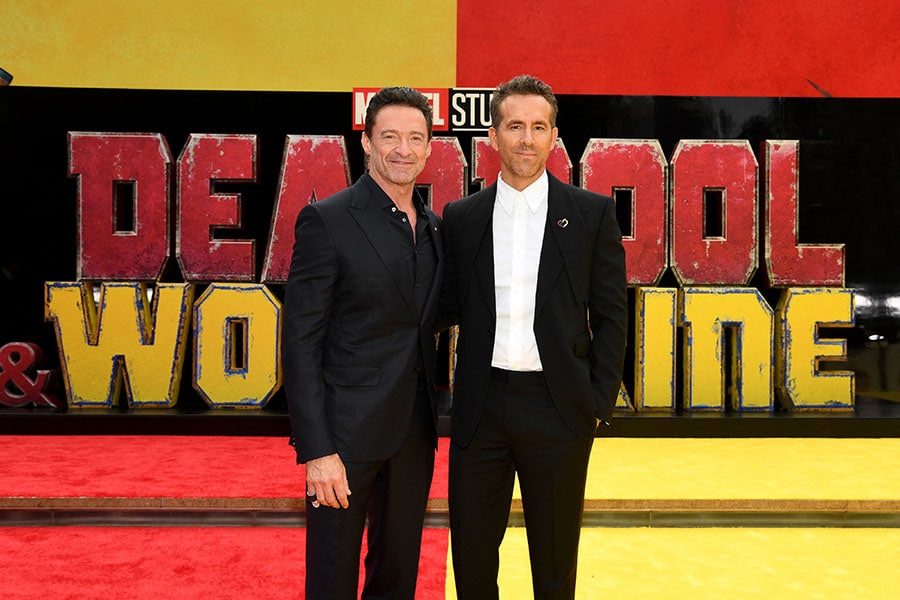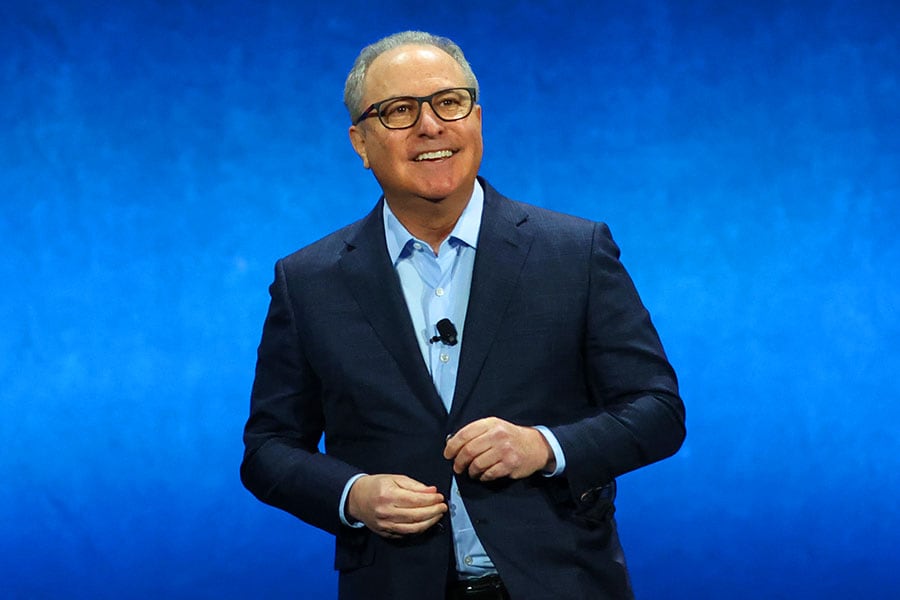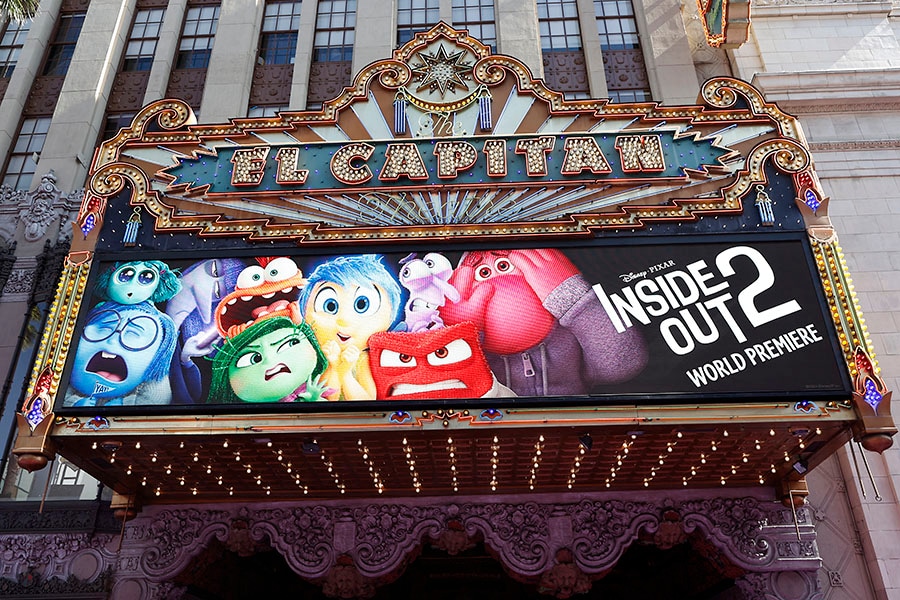
Inside Disney's billion-dollar blockbusters
With Inside Out 2 and Deadpool & Wolverine, Disney Entertainment has given unprecedented hits in the last two months. The former has already emerged as the highest-grossing animated movie ever
 (L-R) Hugh Jackman and Ryan Reynolds attend the Deadpool & Wolverine World Premiere at the David H. Koch†Theater on July 22, 2024 in New York City. Image: Noam Galai/Getty Images for Disney/AFP
(L-R) Hugh Jackman and Ryan Reynolds attend the Deadpool & Wolverine World Premiere at the David H. Koch†Theater on July 22, 2024 in New York City. Image: Noam Galai/Getty Images for Disney/AFP
At 10 am every Monday, Alan Bergman, co-chairman of Disney Entertainment, gets together with the heads of his filmmaking studios to take stock of the week gone by. “We discuss how the box office is performing, how the titles are doing, what are the problem areas,” says Bergman, who leads globally acclaimed studios like Pixar, Marvel, Lucasfilms, 20th Century Studios. If box office numbers are anything to go by, the meeting on the morning of August 12 would have been one of joy and celebration.
The weekend before, Deadpool & Wolverine, a superhero flick starring Ryan Reynolds and Hugh Jackman, had crossed $1 billion in collections globally, while Pixar’s Inside Out 2, with collections of $1.5 billion globally had become the highest-grossing animated movie ever. In the space of two months, The Walt Disney Company’s portfolio of seven studios had delivered two back-to-back billion-dollar movies.
“It is really inspiring to sit around that table with this group of people. [CEO] Bob Iger made some strategic purchases which have been fantastic for us,” says Bergman, at a panel with journalists during the D23, Disney’s grand fan expo, at Anaheim, California. The gathering also included the creative heads of Disney’s studios—Disney, Walt Disney Animation Studios, Pixar, Marvel, Lucasfilm, Searchlight and 20th Century Fox.
Pixar, in fact, was one of Disney’s first acquisitions, in 2006, in an all-stock transaction valued at $7.4 billion. The company, which made Toy Story, the first-ever full-length computer animated feature film in 1994, has since delivered hits like Elemental, Turning Red and Ratatouille. But Pete Docter, its chief creative officer, says “it’s a bit of a mystery” why Inside Out 2, a story that personifies the emotions of teenager Riley Andersen, has been such a stupendous success. “I think people really liked the first one, and then [for this one] we hit something with anxiety. There's definitely anxiety in the world, and it’s kind of sad that we played on that. But we tried to explain it and give people tools to be able to talk about it in an entertaining way, with laughs,” says the Oscar-winning director of Monsters Inc, Up and Inside Out. Pixar is already working on a spinoff, a streaming series called Dream Production, based on a studio where Riley’s dreams are made every night “on time and on budget”.
Disney’s other billion-dollar achievement is the result of a $71.3 billion acquisition that Iger made in 2019, of 20th Century Fox, that brought in two studios (20th Century Fox and Searchlight), TV networks like FX and National Geographic, and popular franchises like The Simpsons, Avatar, and Deadpool. “This acquisition has given us back hundreds and hundreds of Marvel characters, and we’ve only gotten started with Deadpool & Wolverine,” says Kevin Feige, president, Marvel Studios.




















